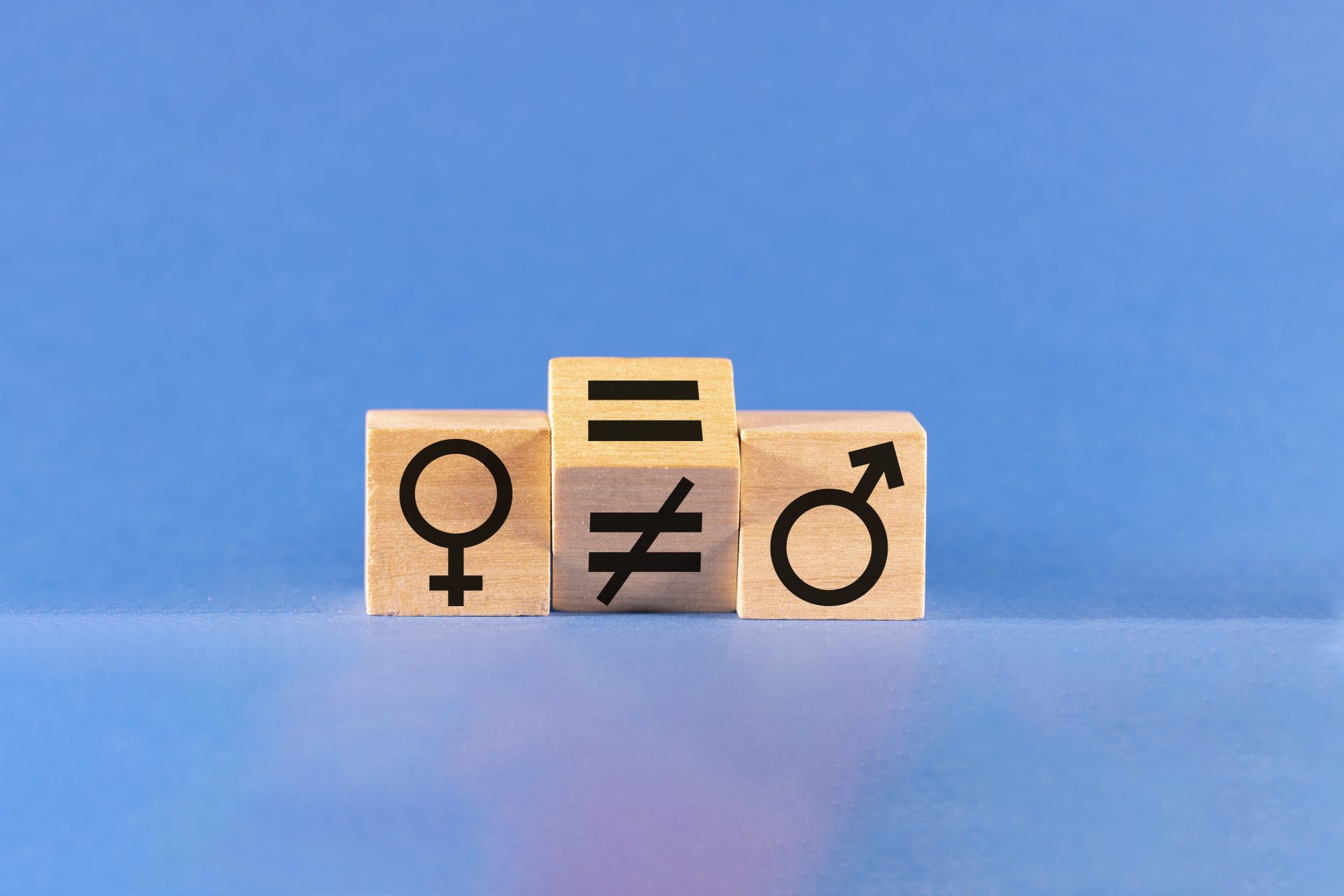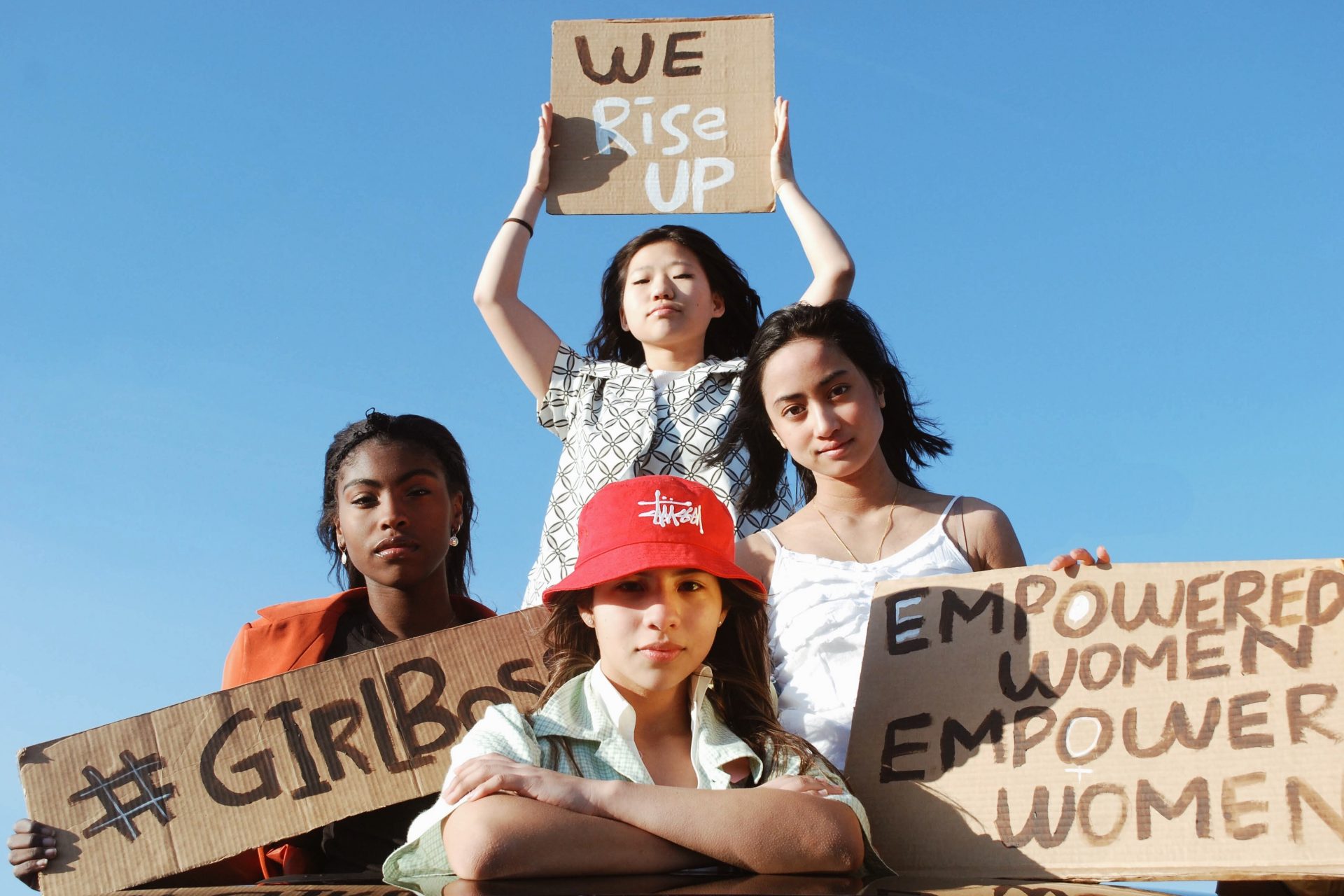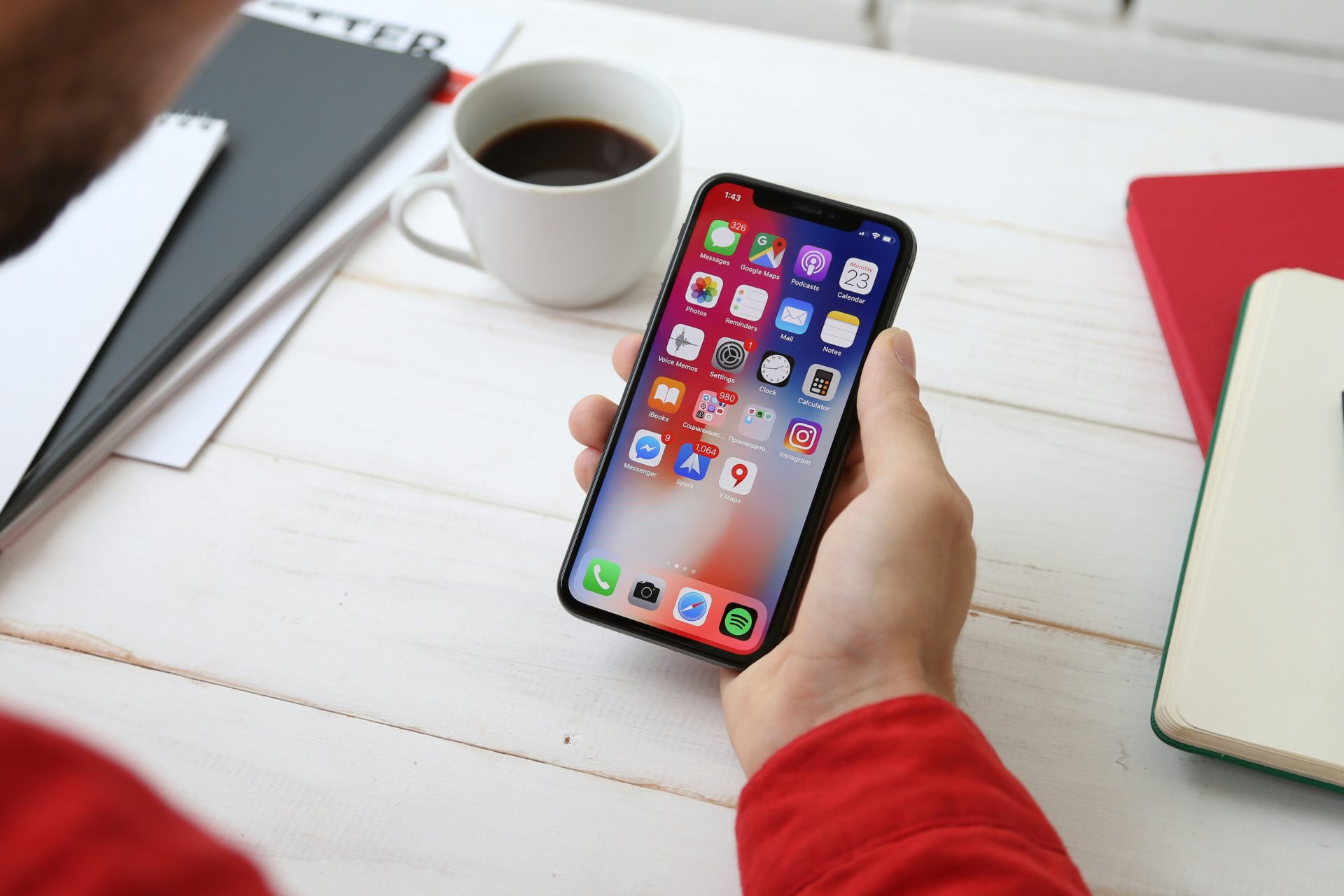Newer generations of men are rejecting feminism, study says
It's no secret that women have made great strides in the past decades, helping to make a more equal, and balanced society. Nonetheless, some men believe they have taken it too far.
It’s common wisdom that each generation is more open-minded and progressive than the one before, but new studies show that this is not actually the case.
A study published by King’s College London shows that only 34% of men under 30 in the UK believe that feminism has done more good than harm.
Image: nataliehua_ / Unsplash
The King's College study also reveals that men under the age of 30 are overless indifferent towards feminism than previous generations, either supporting it or rejecting it.
Meanwhile, 16% outright claim that feminism done more harm than good to society, as The Conversation highlights.
Gen Z men, more than men from any other male age bracket, also affirm that men have it harder than women.
This is hardly an isolated result; another study from the same university, covered by The New York Post, reveals that 52% of Gen Z and 53% of Millenials believe that society has gone too far in promoting feminism to the point that it has started to discriminate against men.
Image: vladdeep / Unsplash
Meanwhile, only 40% of Baby Boomers and 46% of Generation X believe that society is discriminating against men in favor of women.
Image: alvarordesign / Unsplash
Many experts are wondering what has caused this shift in perception for newer generations, who tend to be more open to multiculturalism and embracing different identities.
A piece by The Conversation, and written by Emily Setty and Jonny Hunt, argues that reality is more nuanced and that if you ask about a belief in gender equality rather than feminism, you would see a different result.
The answer could be in social media and what sort of content the newer generations are consuming.
Image: mr_fresh / Unsplash
According to Fortune magazine, younger men tend to turn into social media influencers such as Andrew Tate in order to fill what they perceive is a void on mainstream media.
Indeed, the study done by King’s College London shows that men under 30 have a more positive view of Tate, while older generations don’t know who he is.
Image: thomholmes / Unsplash
The BBC explains that Andrew Tate is an American-born kickboxing champion who rose to fame in the 2000s as an openly sexist social media influencer, showing off a life of luxury while promoting that men are inherently superior to women.
Tate, who had millions of followers on social media and billions of views on his videos, was detained in 2022 by Romanian authorities under charges of exploiting women and human trafficking.
The Guardian writes that, according to research done by the University College of London and the University of Kent, part of the problem is how social media is giving a platform to people like Andrew Tate.
The UCL/Kent research reveals that social media algorithms on social media platforms such as YouTube, TikTok, and X (formerly Twitter), usually mix harmless entertainment with promoters of more dangerous ideas.
Toxic, hate-promoting, racist, and misogynistic content is then made readily available to young men online, at an age when they are trying to figure out who they are and how they fit into the world.
The King's College study remarks that young men dealing with anxiety, depression, and other mental health problems are highly vulnerable to this type of content.
Likewise, The Conversation piece claims that younger men are simply replicating attitudes from older generations, trying to define themselves between traditional masculinity and being more open and sensitive.
Maybe is there a way younger men can learn good lessons from their elders while leaving toxic masculinity behind?
Image: jonecohen / Unsplash
More for you
Top Stories


































